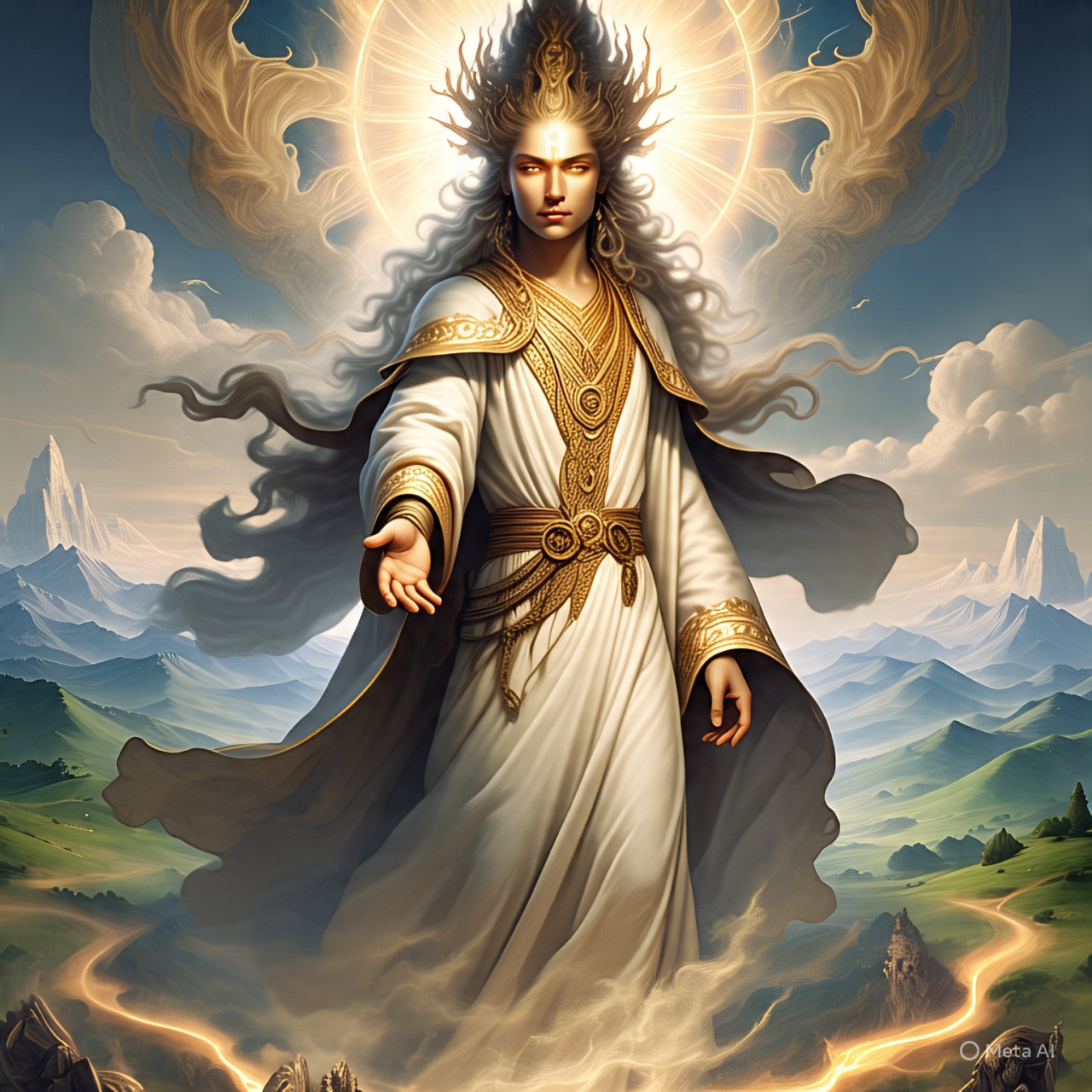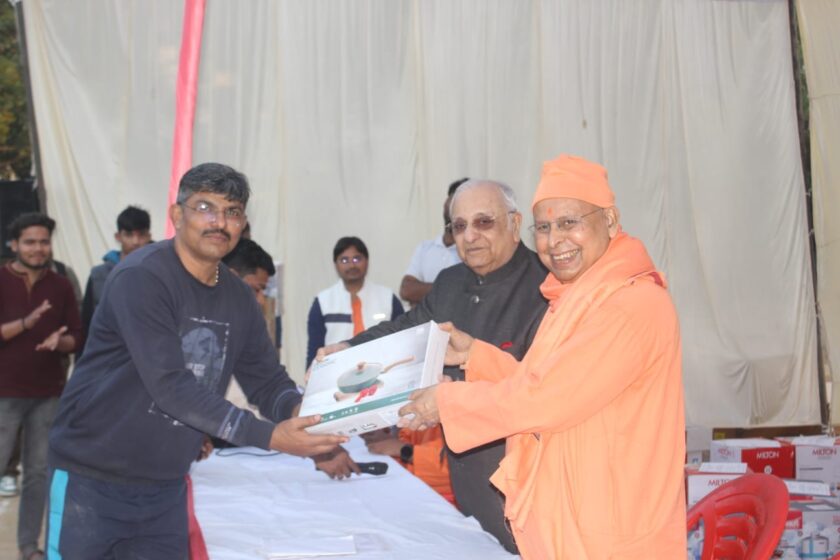Manoj Singh, Retd IAS, Ex ACS, Govt of Uttar Pradesh
Lucknow: Throughout history, humans have sought connection to something greater—whether through a divine presence, spiritual practices, or collective rituals. While most equate God with religion, and vice versa, they are not always inseparable. In fact, in both historical and contemporary thought, two distinct and paradoxical concepts emerge:
God without religion
Religion without God
These concepts invite us to rethink the boundaries between faith, institution, spirituality, and philosophy.
Part I: God Without Religion
► What It Means
“God without religion” refers to the belief in a higher power, divine force, or ultimate reality without subscribing to any institutionalized religion or dogma. It separates spiritual belief from ritual and organization.
► Historical and Philosophical Roots
Mysticism – Mystics across traditions (e.g., Sufi Islam, Christian Gnosticism, Advaita Vedanta) emphasize direct experience of the divine, often rejecting rigid doctrines.
Deism – Enlightenment thinkers like Voltaire and Thomas Jefferson believed in a Creator who does not interfere with the universe, but rejected organized religion and miracles.
Transcendentalism – Thinkers like Ralph Waldo Emerson viewed God as present in nature and individual consciousness, not in churches or scriptures.
► Contemporary Examples
Spiritual but not religious (SBNR) individuals who meditate, believe in a higher power, or engage in personal rituals but avoid religious institutions.
Scientists like Einstein, who spoke of a “cosmic religious feeling” and admired the order of the universe, while rejecting anthropomorphic gods.
► Why It Matters
This path often arises from distrust of organized religion, a desire for personal authenticity, or an experience of the divine that transcends cultural forms.
Part II: Religion Without God
► What It Means
“Religion without God” refers to organized systems of meaning, morality, and ritual that do not involve a belief in a deity. These systems offer community, ethical codes, and life practices—often resembling the structure of theistic religions.
► Examples in History
Buddhism – Especially in its Theravāda and Zen forms, Buddhism focuses on enlightenment and ethical living without worshipping a creator god.
Confucianism – Emphasizes social harmony, filial piety, and virtue ethics; gods or spirits are peripheral or symbolic.
Jainism – Rejects a creator deity but follows a rigorous ethical and ritual structure to achieve liberation.
Secular Humanism – While not a religion per se, it functions similarly through shared values, ceremonies (like humanist weddings), and institutions.

► Modern Expressions
Unitarian Universalism – A non-creedal faith emphasizing moral and spiritual growth, often embracing atheists and agnostics.
Atheistic temples and communities – Such as Sunday Assembly in the UK and atheist churches that replicate the communal aspects of religion.
► Why It Matters
This reflects the human need for ritual, belonging, and moral orientation, even in the absence of supernatural belief. It shows that religion can serve social and psychological functions beyond theology.
Why These Ideas Are Relevant Today
In an age of religious pluralism, interfaith dialogue, and existential questioning, these ideas provide space for:
Atheists who value ritual
Theists who reject organized religion
Seekers navigating between traditions
Cultural believers who are spiritual but skeptical
They challenge us to ask:
Can morality exist without divine command?
Can the divine be real without religion to express it?
The Parting Shot: Two Windows into the Sacred
“God without religion” speaks to the transcendent urge in the human heart, free from form.
“Religion without God” reflects the immanent structures of life that guide us even without the supernatural.
Both remind us that faith and function, spirit and society, belief and belonging—can intertwine in many forms. In a world divided by religious boundaries, these two paths invite us toward understanding, humility, and inner freedom.










